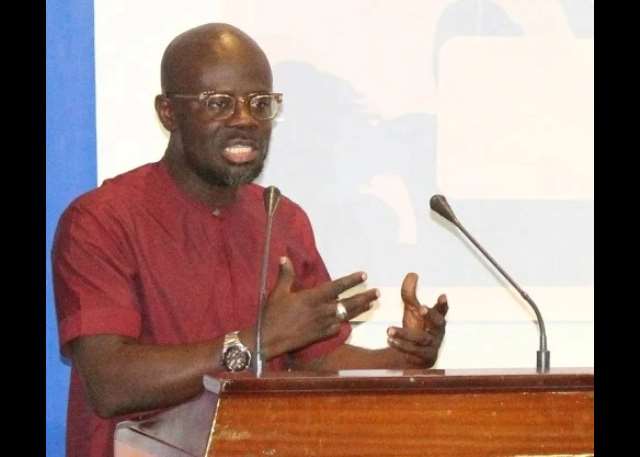The vetting of Honorable Haruna Iddrisu for the position of Education Minister ignited a spark of optimism for the future of Ghana’s educational landscape. Professor Ernest Kofi Abotsi, Dean of the UPSA Law School, expressed his positive impressions of the nominee’s performance before the Appointment Committee of Parliament. He highlighted Iddrisu’s composed demeanor during rigorous policy questioning and underscored the value of his extensive ministerial experience, asserting that these qualities could be pivotal in revitalizing a sector yearning for strong leadership. The sentiment expressed by Professor Abotsi encapsulates a renewed hope for innovative and effective educational policy under Iddrisu’s potential stewardship.
Iddrisu’s vetting, which took place on January 21st, focused heavily on his policy perspectives and his vision for the education sector. Professor Abotsi’s emphasis on Iddrisu’s “composure in the face of policy interrogations” suggests that the nominee demonstrated a deep understanding of the complex challenges facing Ghanaian education and articulated a clear, well-defined approach to addressing them. This ability to maintain composure under pressure and articulate complex policy positions is crucial for a ministerial role that demands navigating diverse stakeholder interests and making critical decisions with far-reaching consequences.
The significance of Iddrisu’s “tested ministerial experience” was also highlighted by Professor Abotsi. Having previously served in various ministerial capacities, including Minister for Trade and Industry and Minister for Employment and Labour Relations, Iddrisu brings a wealth of experience in navigating the intricacies of government and policy implementation. This experience, coupled with his understanding of the education sector’s specific challenges, positions him to effectively lead and manage the Ministry of Education, potentially driving meaningful reforms and improvements.
Furthermore, the endorsement from the Minority in Parliament, particularly from Minority Chief Whip Frank Annoh-Dompreh, adds another layer of significance to Iddrisu’s potential appointment. Annoh-Dompreh’s remarks, while congratulatory, also carried a note of caution, reflecting the high expectations placed on Iddrisu. This bipartisan support underscores the recognition of Iddrisu’s competence and potential to make a positive impact on the education sector. The Minority’s acknowledgement of the high public expectations also serves as a reminder of the significant responsibility that comes with the role, emphasizing the need for careful consideration and strategic action.
The expression of hope for a “new dawn for educational policy” signifies a desire for a fresh perspective and innovative approaches to address the persistent challenges within Ghana’s education system. This hope is rooted in the belief that Iddrisu’s leadership, combined with his experience and policy acumen, can usher in a period of transformative change. The anticipation of a new dawn suggests a departure from previous approaches and a move towards more effective and impactful policies that can improve educational outcomes for all Ghanaian students.
In conclusion, the overall response to Haruna Iddrisu’s vetting for the position of Education Minister has been overwhelmingly positive, marked by a sense of hope and anticipation. Professor Abotsi’s commendation of Iddrisu’s composure, experience, and policy understanding, along with the bipartisan support from Parliament, paints a picture of a nominee well-equipped to lead the Ministry of Education. The high expectations and the desire for a “new dawn” in educational policy underscore the significant responsibility that awaits Iddrisu, should he be confirmed, and the potential for transformative change within Ghana’s education system. The consensus surrounding his capabilities suggests a potential era of progress and innovation in the pursuit of quality education for all.


